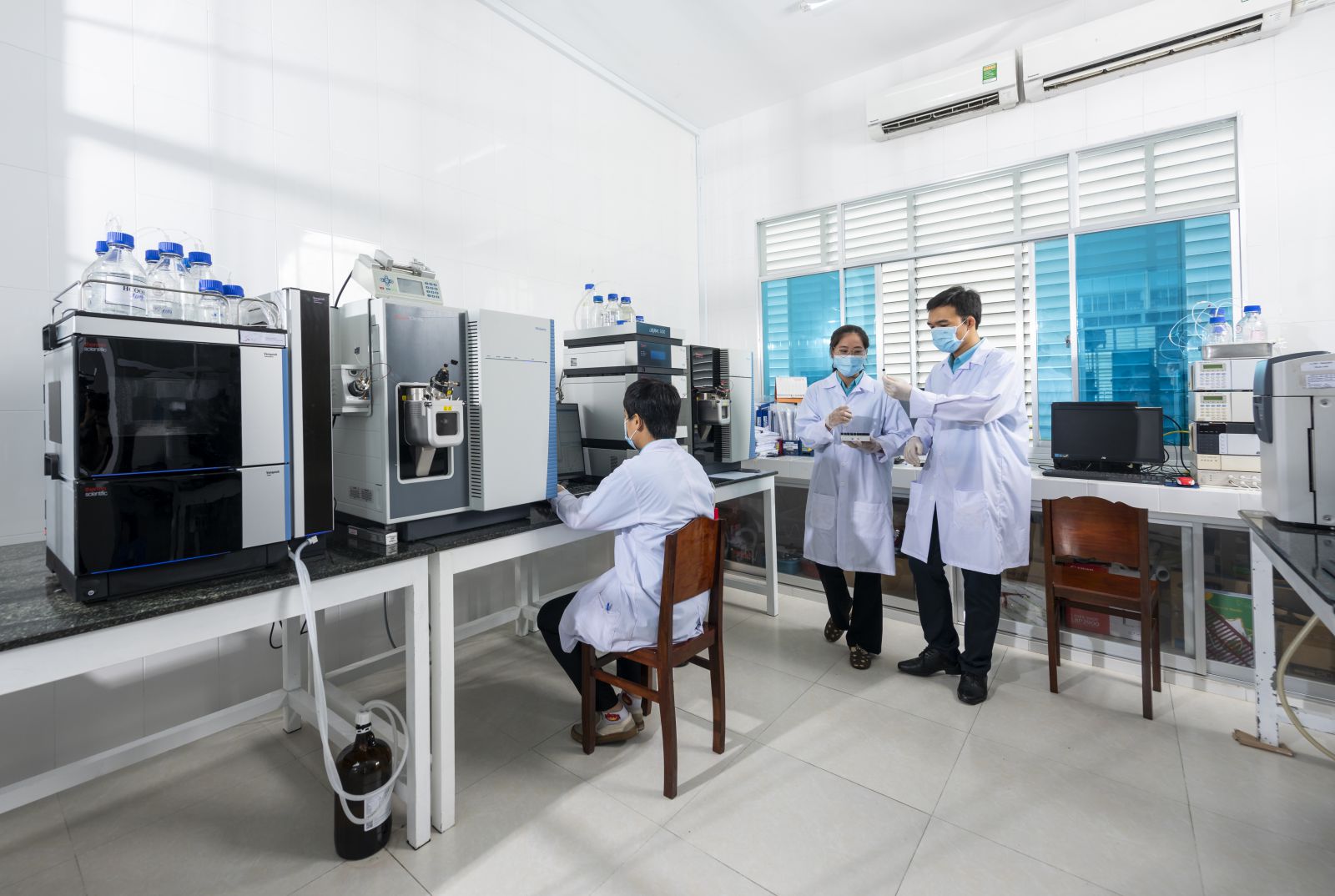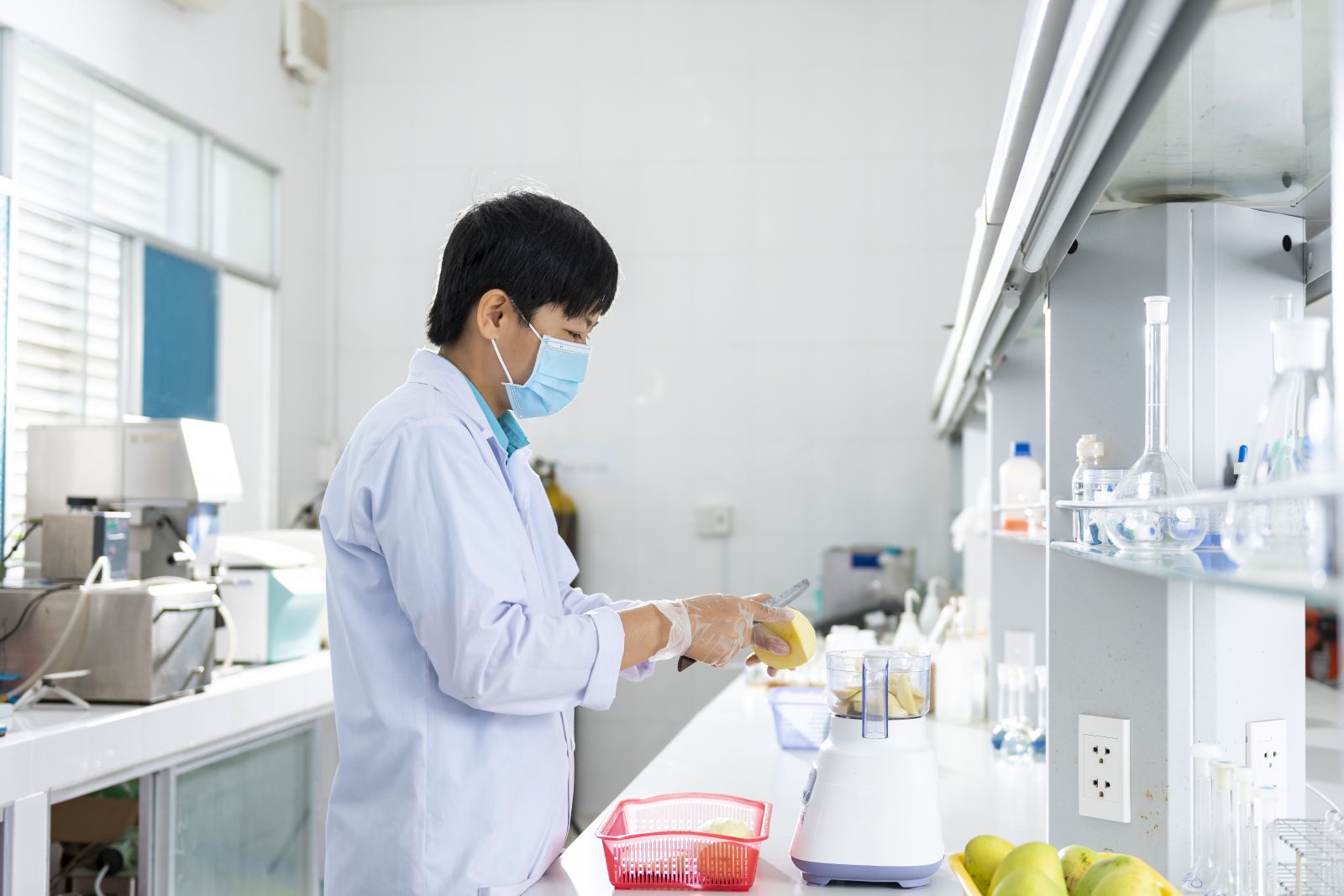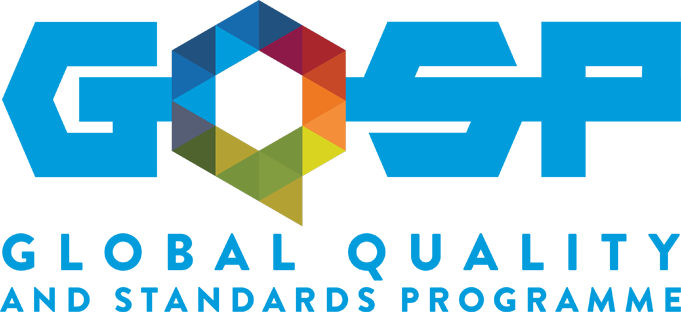Reliable and valid testing services to boost export of mangoes in Mekong Delta

Photo 1: Inside a pesticide testing laboratory in Dong Thap province
Vietnam is the 10th biggest mango producer worldwide with a total mango growing area of 87,000 hectares with nearly half of them in the Mekong River Delta, and mango is also one of the main tropical fruits produced in Vietnam. But the total export turnover of Vietnam's mango accounts for about 1.51% of the world's (USD 12.34 billion in 2020).
While mango production in Vietnam is increasing, exports have increased dramatically driven by the cross-border trade with China accounting for 95% of exports. The export industry is particularly vulnerable should the China cross border trade be restricted, which is considered likely. Diversifying into other export markets will help Vietnam exporters reduce risks and reaching out to good opportunities export to other high value markets banking on the favourable timing and varieties.
However, the entry of mango and other horticultural exports into high value international markets has been heavily affected by the weak compliance of Vietnam producers to international standards for the management of pesticides. There is a limited knowledge of unregistered compounds and excess levels of registered ones for exporting, largely due to under-developed systems for ensuring validity and reliability of testing laboratories and an insufficient and fragmented residue monitoring programme.
GQSP Vietnam, funded by Switzerland through the State Secretariat for Economic Affairs (SECO), has been working with partners to build a reliable testing services to boost export of mangoes in Mekong Delta. This is mainly done through capacity buillding for residue testing labs and development of a residue monitoring programme for mangoes.
The capacity of pesticide testing laboratories network across the country has been strengthen with various models of hands-on training and technical support.
Two testing labs have selected as model to receive intense training to increase accuracy. The most key pesticide residue laboratory managers and their analysts now have an enhanced appreciation of modern approaches to internal quality control, implementing principles and practice of sampling, interpretation of pesticide residue analytical results, following complete set of standards of European Plant Protection Organisation.
Moreover, a series of 12 training sessions on "Enhancing the capacity of residue testing laboratories” has helped to improve the analytical capacity of 30 staff from 8 pesticide testing laboratories across the country. The participating laboratories are proceeding with registration in the LABNET Network (in addition to 11 others in the STAMEQ Network) to improve their scientific integration and collaboration with other testing service providers.
“The training is very meaningful for the Dong Thap Verification and Testing Center in general and for our testing work in particular. Through the training sessions, we have access to specific regulations and requirements of agricultural product importers, and at the same time, learn from international experts to improve our skills and knowledge. We are more confident in doing testing services.” – said Ms. Huynh Thi Ngoc – Vice Head of Division for Testing and Analyzing Products, Dong Thap Verification and Testing Center.

Photo 2: Ms. Huynh Thi Ngoc taking samples of mangoes for pesticide testing at Dong Thap Verification and Testing Center.
These activities have helped the network of testing laboratories gaining more technical expertise and testing accuracy. At the same time, they now have improved quality of the data provided to decision makers in government and industry.
Moreover, the residue monitoring programme by GQSP Vietnam has increased capability to response to Maximum residue limit (MRLs) in mango industry.
Maximum residue limit in Vietnam is managed by 2 different Ministries, causing difficulty for enterprises to check the limit for each of their target market. Therefore, GQSP has produced a critical reports of Global Maximum residue limit (MRLs) for mango in Vietnam. Enterprises, laboratories and relevant government agencies have one convenient and reliable point of refference while working with different markets.
Most importantly, a design of a scientifically valid residue monitoring programme for three varieties of commonly exported mango from packhouses in two Mekong River Delta provinces has been developed. This is the first time a comprehensive progarmme provides standards to manage pesticides in all mango production stages to replace the fragmented current regulations. In the long run, the improved residue monitoring programme for mangoes will provide the model for roll-out of effective pesticide monitoring to the remainder of the horticulture sectors.
Mango farmers, producers and other value chain actors in Vietnam now have a better understanding of the extent of non-compliant use of pesticides. They can also access a better quality service, allowing them to testing their mangoes with valid and reliable results following international set of standards. This will unlock pontential exports to high value and strict markets around the world for mangoes and other horticultural products of Vietnam.


